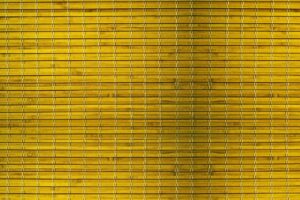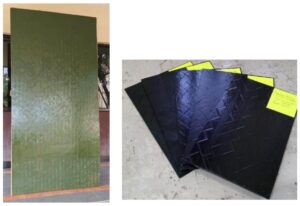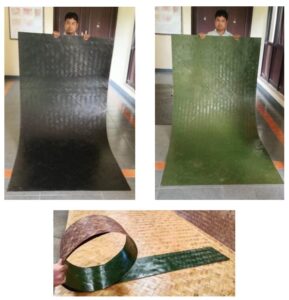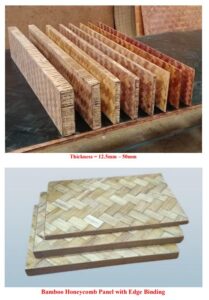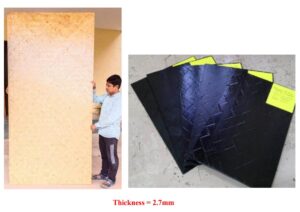1. Introduction
The growing concern over plastic pollution has led to a demand for sustainable alternatives. Bamboo-based biodegradable plastic products offer a natural and eco-friendly substitute for conventional plastic items. This project focuses on manufacturing biodegradable plastic alternatives using bamboo fiber and starch-based composites for domestic and export markets.
2. Market Analysis
2.1 Industry Overview
The biodegradable plastic industry is rapidly growing due to increased awareness of sustainability and stringent government regulations against single-use plastics.
2.2 Target Market
Food and beverage packaging companies
Hospitality and tourism sector (hotels, restaurants, airlines)
Retail and e-commerce businesses
Supermarkets and grocery stores
Export markets (USA, Europe, Middle East, and Asia-Pacific)
2.3 Competitive Advantage
100% biodegradable and compostable
Made from renewable bamboo fiber
Non-toxic and food-safe
Compliance with global environmental standards
3. Project Cost and Investment
3.1 Fixed Capital Investment
| Item | Cost (INR) |
|---|---|
| Land & Building (Manufacturing Unit) | |
| Machinery & Equipment | |
| Raw Material Stock | |
| Packaging & Branding | |
| Miscellaneous Expenses | |
| Total Fixed Capital |
3.2 Working Capital (3 Months)
| Item | Cost (INR) |
|---|---|
| Bamboo & Other Materials | |
| Labor Wages | |
| Utility Bills | |
| Marketing & Distribution | |
| Logistics & Warehousing | |
| Miscellaneous | |
| Total Working Capital |
3.3 Total Investment Requirement
Fixed Capital + Working Capital =
4. Production Process
Bamboo Sourcing & Processing – Extracting fiber from bamboo stalks.
Blending with Biodegradable Additives – Combining bamboo fiber with starch-based polymers.
Molding & Shaping – Using industrial presses to shape products.
Drying & Finishing – Ensuring durability and moisture resistance.
Quality Control & Packaging – Adhering to biodegradable product standards.
Distribution & Logistics – Supplying to retailers, bulk buyers, and exports.
5. Revenue Model & Profitability
5.1 Expected Sales & Pricing
| Product | Selling Price per Unit (INR) | Monthly Sales Volume | Monthly Revenue (INR) |
|---|---|---|---|
| Biodegradable Cutlery Set | |||
| Biodegradable Packaging Containers | |||
| Biodegradable Shopping Bags | |||
| Total Monthly Revenue |
5.2 Monthly Expenses
| Expense | Cost (INR) |
|---|---|
| Raw Materials | |
| Labor Wages | |
| Utility Bills | |
| Marketing & Distribution | |
| Logistics & Warehousing | |
| Maintenance | |
| Miscellaneous | |
| Total Monthly Expenses |
5.3 Monthly Profit Calculation
Revenue – Expenses =
5.4 Annual Profitability
Annual Profit =
6. Break-Even Analysis
Break-even Point (BEP) = Fixed Costs / Contribution Margin
Fixed Costs =
Contribution Margin = Selling Price – Variable Cost per unit
Assuming an average contribution margin of 50%: BEP =
7. Funding Options
MSME loans & Government Subsidies
Bank Loans & Credit Facilities
Private Equity & Investors
Strategic Partnerships with FMCG & Retail Chains
8. Sustainability & Future Growth
Expansion into compostable film wraps & bio-packaging
Innovation in biodegradable bamboo polymer blends
Strengthening global distribution channels
